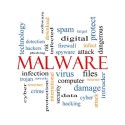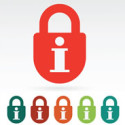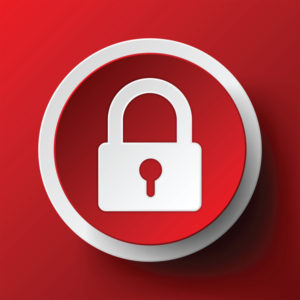How to Understand the Terms of Common Computer Viruses
Part of owning a computer is having to deal with the different viruses and bugs that can corrupt your system. In this article, we will educate you about some common terms for computer viruses and what they mean. These terms can get used incorrectly so it’s important for you to know what they mean and how they are used. You may come into contact with files that can compromise your computer, so it’s critical that you get some great anti-virus software. Tech Sentries can help you know just what you need and we’ll also do all the legwork behind the scenes to keep your system safe!
Recognizing Computer Viruses
Just what is a virus? What does it do? A computer virus can do a lot of damage. They are programs that mix into your other  software programs where they spread and multiply. They are almost always there due to nefarious intent. It can be hard to know when and if you’ve been infected by computer viruses, so you need to know the symptoms to look for. They include lost space on your hard drive, data that becomes corrupted, pop-ups that are relentless, and personal information that becomes compromised.
software programs where they spread and multiply. They are almost always there due to nefarious intent. It can be hard to know when and if you’ve been infected by computer viruses, so you need to know the symptoms to look for. They include lost space on your hard drive, data that becomes corrupted, pop-ups that are relentless, and personal information that becomes compromised.
Computer Worms
Computer worms have a very serious implication and can cause a lot of damage in your system. Worms don’t need other software programs in order to clone themselves. This makes them different than viruses. They look for soft spots in your security and networks in order to infect other computers. While your files are not altered, these computer worms recreate themselves on their own, making them very destructive.
Trojan Horses
Trojan horses, or trojans for short, are very sneaky and hackers absolutely love them. They are considered malware and are most often spread through attacks on social engineering. While they cannot reproduce themselves, they are still highly dangerous and can cause catastrophic damage. This makes them different than other computer viruses. Once a system has been infected with a trojan horse, it helps hackers be able to get your personal information, credit card numbers, passwords, etc. They can even cause your webcam to get turned on without you knowing it.
Rootkits
Rootkits are considered trojans and they look for access through administrative routes in order to gain root. Rootkits conceal themselves and can also hide things like registry keys, other files and even your network connection. Rootkits are so destructive and difficult to remove that more often than not, your entire operating system will have to be reinstalled in order to clean your system of them.
The internet is full of potential dangers as you download various files or even click on certain links. It’s impossible to know all of the dangers or prevent them. The only way to have the assurance that your computer is safe is to have superb anti-virus software that runs constantly. Tech Sentries knows exactly how to protect your computer and will keep it protected by doing the behind the scenes work while you are busy with other things. This means you will never have to even think about computer security because we will do it for you in the background at all times! While there are many products on the market to protect you from computer viruses, none can compare to the superior protection we offer here at Tech Sentries.
For more information, please call us here at Tech Sentries today! 843-282-2222.








 passwords, scams involving asking you to “recovery your passwords,” digital threats and hacks that can actually cause damage to your hardware, and many other such attacks. Because of the huge increase in our use of mobile devices, the attacks on mobile security have also increased significantly.
passwords, scams involving asking you to “recovery your passwords,” digital threats and hacks that can actually cause damage to your hardware, and many other such attacks. Because of the huge increase in our use of mobile devices, the attacks on mobile security have also increased significantly.
 ur good name, hack into your personal banking, and a host of other crimes. There are many online threats these days and unfortunately, not many of the products available in the market place do an adequate job protecting you –UNTIL NOW! At Tech Sentries, you can count on the best protection available to keep you and your online presence safe and secure!
ur good name, hack into your personal banking, and a host of other crimes. There are many online threats these days and unfortunately, not many of the products available in the market place do an adequate job protecting you –UNTIL NOW! At Tech Sentries, you can count on the best protection available to keep you and your online presence safe and secure!


